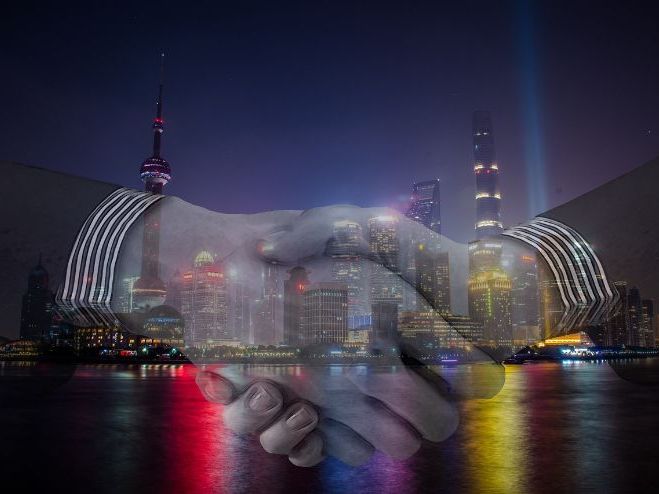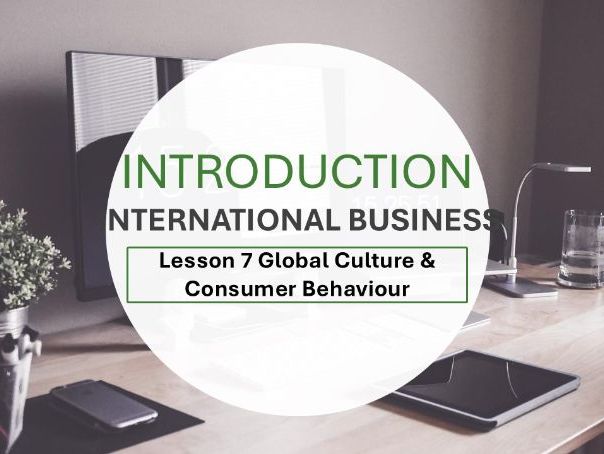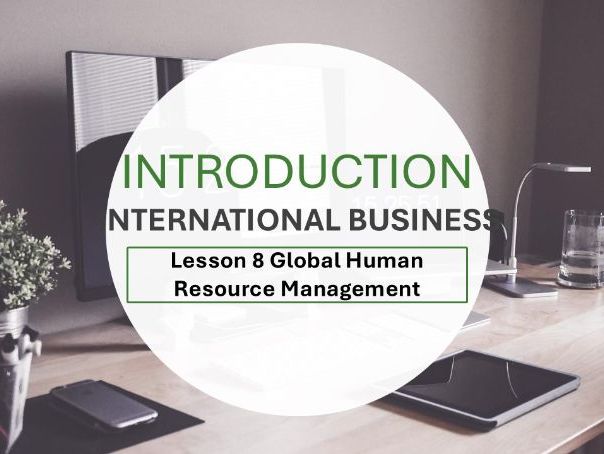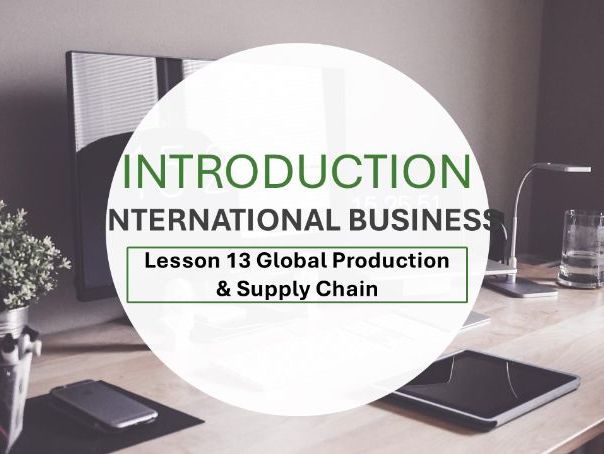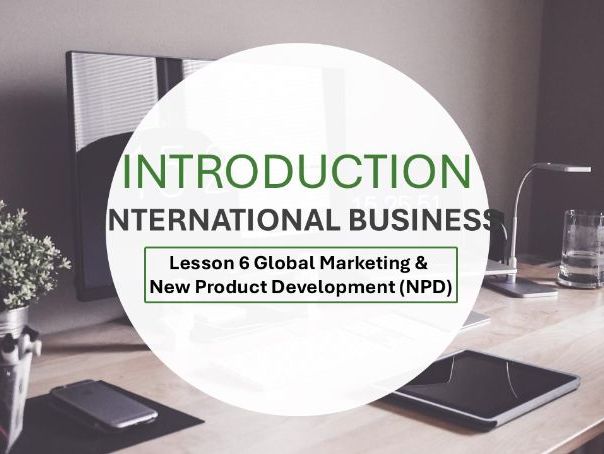Tourism & Management Courses
We provide you with the unique opportunity to study tourism and management's academic and practical aspects and gain first-hand industry experience. It covers all the integral features and concepts of the tourism and travel sector, including visitor attractions, hotels, leisure centers, theatres, events, business tourism, music venues, and travel.












